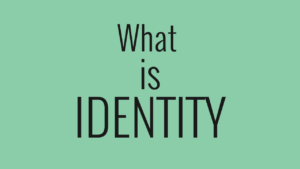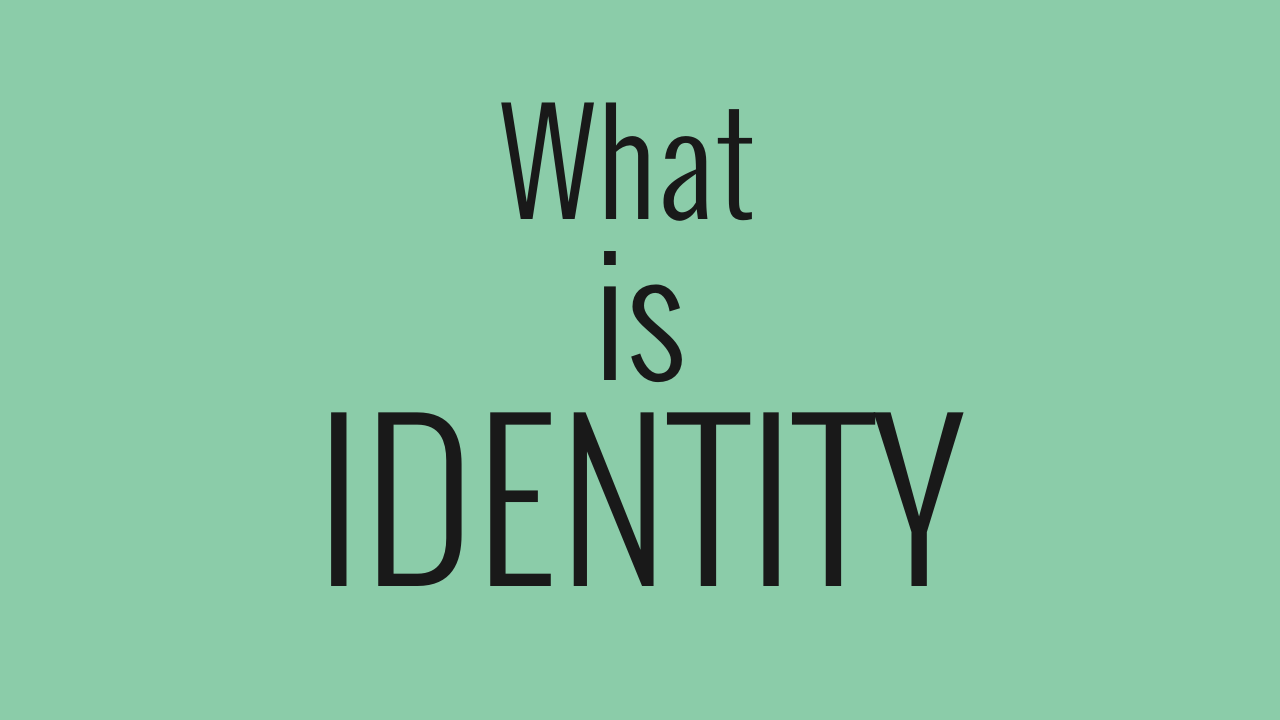 Understanding Self-Identity
Understanding Self-Identity
Self-identity is a fundamental aspect of our existence, influencing our thoughts, behaviors, and interactions with the world. It encompasses our beliefs, values, memories, experiences, and roles in society, all of which contribute to our unique sense of self. Understanding self-identity is crucial for personal growth, mental well-being, and forming meaningful connections with others. This article delves into the concept of self-identity, its components, and how to nurture and evolve our sense of self.
1. Defining Self-Identity
Self-identity is the perception we have of ourselves, shaped by both internal and external factors. It is the answer to the question, “Who am I?” and encompasses various dimensions, including:
- Personal Identity: Characteristics that make us unique, such as our personality traits, skills, and preferences.
- Social Identity: Our roles and affiliations within groups, such as family, friendships, profession, culture, and nationality.
- Narrative Identity: The internalized story we tell about ourselves, which integrates past experiences and future aspirations.
2. Components of Self-Identity
Self-identity is multifaceted, and its components interact to form a cohesive sense of self:
- Beliefs and Values: Core principles and ethics that guide our decisions and actions.
- Memories and Experiences: Significant life events that shape our perceptions and responses.
- Social Roles: Functions and responsibilities we assume in various contexts, like being a parent, friend, employee, or citizen.
- Physical Attributes: Our perception of our body and appearance.
- Interests and Passions: Activities and subjects that captivate and motivate us.
3. The Formation of Self-Identity
The development of self-identity is a dynamic and ongoing process influenced by various factors:
- Family and Upbringing: Early interactions with caregivers and family members lay the foundation for our identity.
- Culture and Society: Cultural norms, societal expectations, and media shape our views and behaviors.
- Personal Choices: The decisions we make and the paths we choose contribute to our evolving identity.
- Life Experiences: Triumphs, challenges, and everyday experiences continuously reshape our sense of self.
4. Challenges to Self-Identity
Throughout life, we may encounter challenges that can disrupt or challenge our self-identity:
- Identity Crisis: Periods of uncertainty and confusion about one’s sense of self, often triggered by major life changes or transitions.
- Social Pressure: Expectations from society, family, or peers can conflict with our true selves, leading to internal conflict.
- Mental Health Issues: Conditions like depression or anxiety can distort self-perception and diminish self-esteem.
- Cultural Displacement: Moving to a new cultural environment can challenge existing beliefs and practices, leading to an identity shift.
5. Nurturing and Evolving Self-Identity
Developing a strong and adaptable self-identity involves intentional reflection and growth:
- Self-Reflection: Regularly assess your beliefs, values, and goals. Journaling, meditation, or therapy can facilitate this process.
- Embrace Change: Accept that identity is not static. Be open to new experiences and perspectives that can enrich your sense of self.
- Seek Authenticity: Strive to align your actions with your true beliefs and values, even if they differ from societal expectations.
- Cultivate Self-Compassion: Treat yourself with kindness and understanding, especially during times of self-doubt or change.
- Build Meaningful Relationships: Surround yourself with supportive and diverse individuals who respect and enhance your self-identity.
6. The Role of Self-Identity in Well-Being
A well-defined self-identity is crucial for mental and emotional health:
- Confidence and Self-Esteem: Knowing and accepting who you are builds confidence and self-worth.
- Purpose and Direction: A clear sense of identity provides purpose and guides life decisions.
- Resilience: A strong self-identity helps navigate life’s challenges and recover from setbacks.
- Authentic Relationships: Understanding your identity fosters genuine connections with others, based on mutual respect and understanding.
Conclusion
Self-identity is a complex, evolving construct central to our existence. By understanding its components and actively engaging in self-reflection and growth, we can cultivate a robust and adaptable sense of self. Embracing our unique identity not only enhances personal well-being but also enriches our interactions and contributions to the world. Remember, the journey of self-discovery is continuous and ever-changing, reflecting the dynamic nature of life itself.
